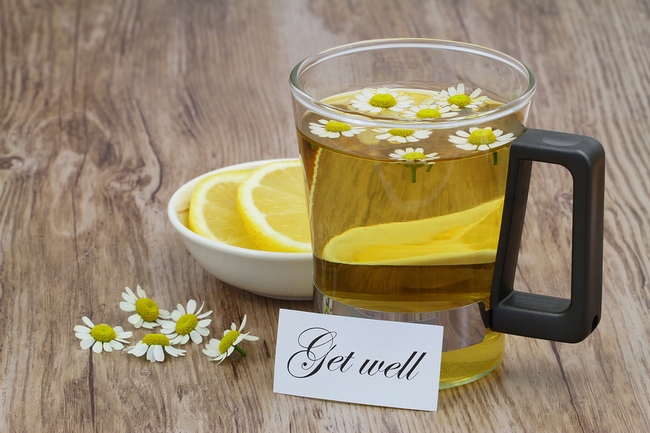- Make It Yourself Lavender Heart-Shaped Bath Bombs!
- 20 Things You Never Knew About “Down There”
- 12 Best Foods For Those Suffering From Arthritis Pain
- 12 Personal Hygiene Mistakes Almost Everyone Makes (Mom Never Told You About #4!)
- 15 Medicinal Plants And Herbs From The Cherokee People
- 12 Mind-Blowing Benefits Of Drinking Coconut Water During Pregnancy
- 12 Outstanding Winter Foods That Won’t Fatten You Up Like A Christmas Turkey
These Herbal Remedies Will Help You Get A Great Night’s Sleep!

Photo credit: bigstock.com
Anxiety and insomnia are all too common afflictions in this fast-paced world. Stress is unpleasant enough, and chronic stress and lack of seep can lead to health problems and have a deteriorating effect on quality of life. As with so many conditions, many people resort to over-the-counter or prescription drugs to help them relax or get more sleep. But these medicines come with risks of their own such as drowsiness, and some can be habit-forming.
The good news is that there are safe and natural alternatives to these pills that are inexpensive and easy to prepare. In this article, we’ll explore these options and show you how to benefit from these common herbs.
1. Chamomile tea
It is arguably the most well-known herbal tea used for relaxation. This tea isn’t technically “tea” per se. It does not come from the tea tree, but rather from the chamomile flower, which has a scent resembling that of an apple. It has been used for thousands of years for its calming effect on the body and mind and for inducing sleep. This is believed to be linked to a flavonoid found in chamomile called chrysin.
Chamomile has additional health benefits, such as its anti-inflammatory properties and use in treating indigestion. There are even some studies showing that it has cancer-fighting properties.
2. Hops as an herbal remedy
One insomnia cure that most people would never suspect is hops. That’s right: Hops as in barley hops from beer! While everyone knows what drinking a lot of beer will eventually make you sleepy, that’s actually the alcohol causing that effect. Alcohol consumption, however, produces hangovers, and alcohol-induced sleep actually suppresses REM (rapid eye movement) sleep, which leaves you feeling less rested than normal sleep does.
Continue to Page 2
































